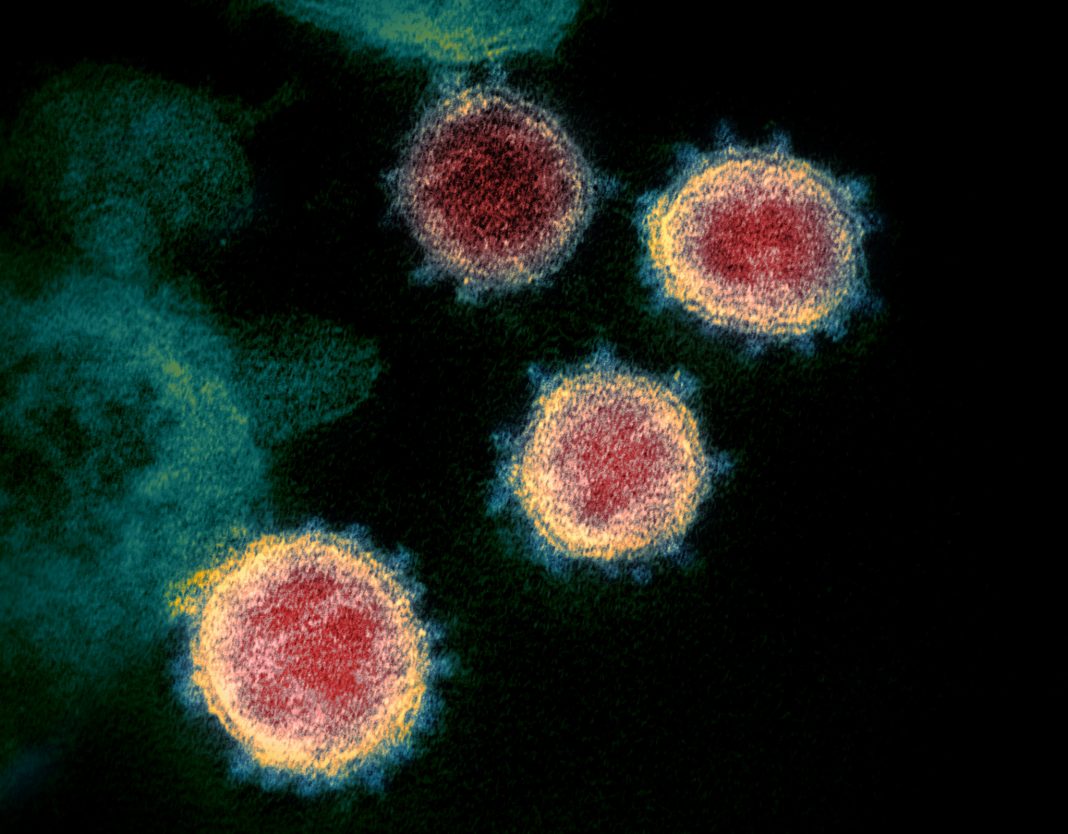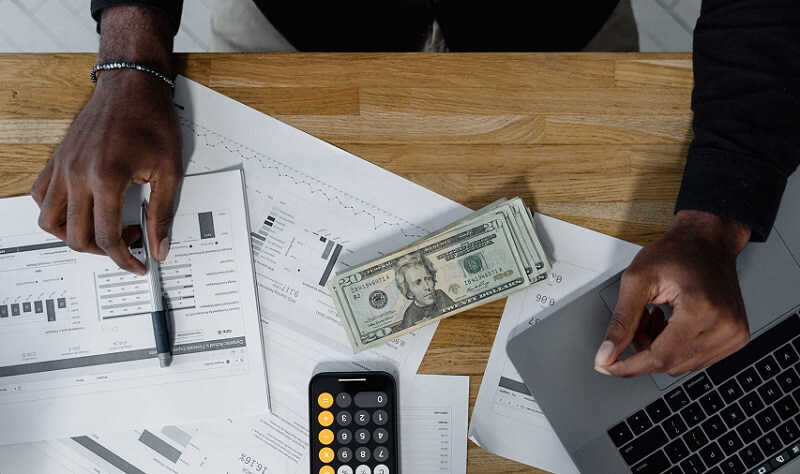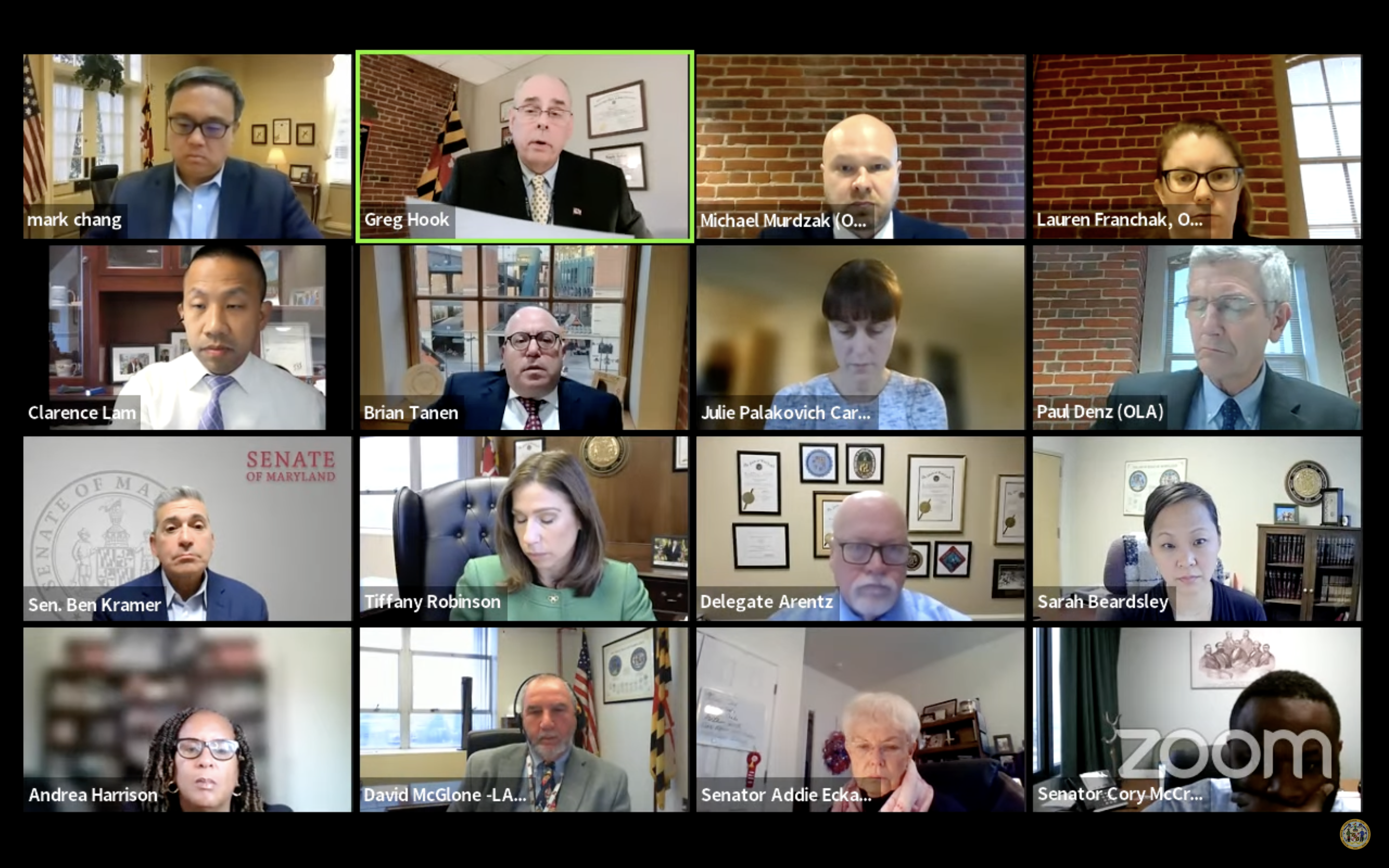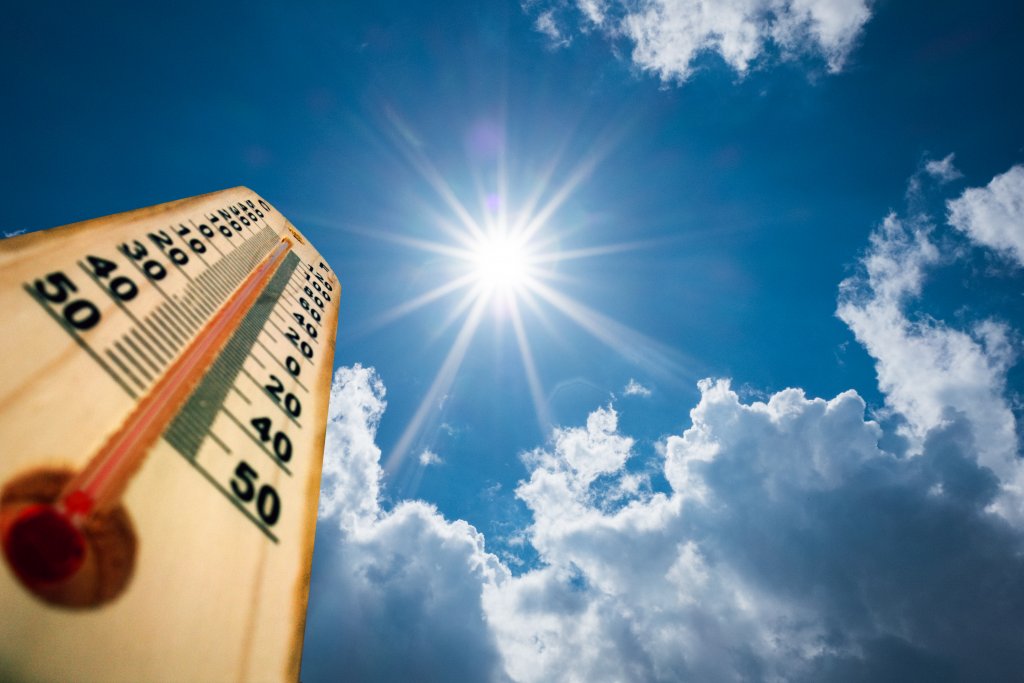COVID-19 Fallout Remains Unknown, Bankers and Regulators Say

The COVID-19 pandemic is hitting Maryland consumers, homeowners, business owners and insurance carriers in unprecedented ways, including some that can’t be quantified yet because the crisis continues to unfold, state lawmakers were told on Tuesday.
In briefings for the Senate Finance Committee, representatives from state government, insurance regulators and the banking industry offered a portrait of how the virus has hit the state like a wrecking ball.
More than 70,000 small businesses in Maryland have received a staggering $10 billion in loans under the federal government’s new Paycheck Protection Program, Maryland Bankers Association CEO Kathleen Murphy told the panel.
That puts Maryland 19th in the country in applications approved and 16th in dollars provided, she said.
Based on a survey of more than two dozen Maryland banks, those loans have preserved 52,000 jobs in the state, she said.
The average loan amount has dropped from $250,000 when the program began to $43,000 in the most recent report, Murphy said. “That’s because the sole proprietors and the independent contractors could apply once the program was opened up for them on April 16.” Murphy also said that bank call centers are experiencing a spike in requests for “forbearance” (deferrals) on mortgages and student loans.
The coronavirus epidemic has hit the state’s health care system in complex ways, lawmakers were told.
While hospitals, doctors and other providers have had to treat more than 40,000 COVID-19 patients, lucrative non-emergency procedures have been postponed to keep bed space available. Dental care has also been delayed.
Analysts are watching the numbers to determine the overall impact on carriers, employers and individual ratepayers.
“Although they may be having less costs right now because of delayed care, there are concerns about increased costs due to COVID-19 treatment as it goes on,” David Cooney, an associate commissioner with the Maryland Insurance Administration, told the committee.
“At this point it’s uncertain whether the overall COVID-19 impact [on premiums] is going to be positive or negative. But we will certainly be looking at that,” he added.
Small businesses have suffered a gut-punch from lost sales, the committee was told, and most losses will not be covered by insurance.
Nationally, “business interruption” losses have hit $400 billion, Maryland Insurance Administration Associate Commissioner Robert Baron said. State-based figures were not provided.
“A single month of COVID-19 small-business BI claims is 35% higher than two years of all flood, earthquake, hurricane, tornado, and wildfire losses combined,” he said. “The scope is enormous.”
Business owners should not expect reimbursement from their insurance carriers, Baron said.
“Our early review of the relevant commercial insurance policy provisions confirmed that in most cases BI claims by businesses of all sizes would be denied due to the absence of physical damage from a covered peril at the insured premises,” Baron told the senators.
“And in most cases [there is] additional exclusionary language within the policies specifically related to losses involving bacteria, pandemic and virus.”
Maryland Labor Secretary Tiffany P. Robinson said that newly-jobless residents eventually will get their unemployment compensation deposited directly into their bank accounts, rather than loaded onto a Bank of America debit card, as is done now.
She said the state was working with Bank of America on a transition to direct-deposit before the pandemic hit. The change-over is in the works but is not imminent, she said.
Robinson told lawmakers that Bank of America has had delays in getting debit cards delivered to some newly-jobless residents because of a shortage of plastic used to make the cards.




 Creative Commons Attribution
Creative Commons Attribution